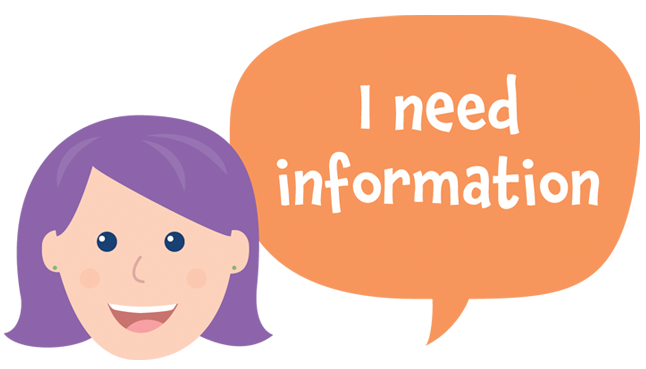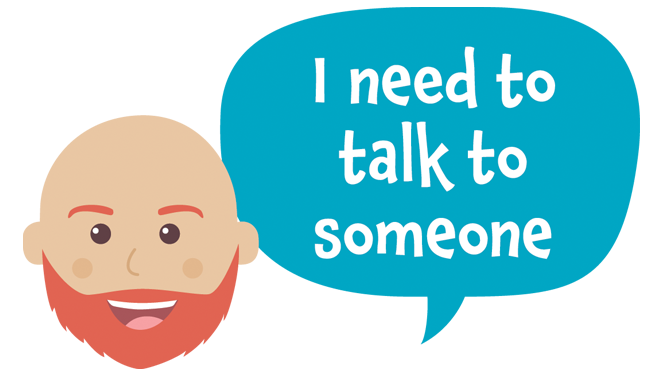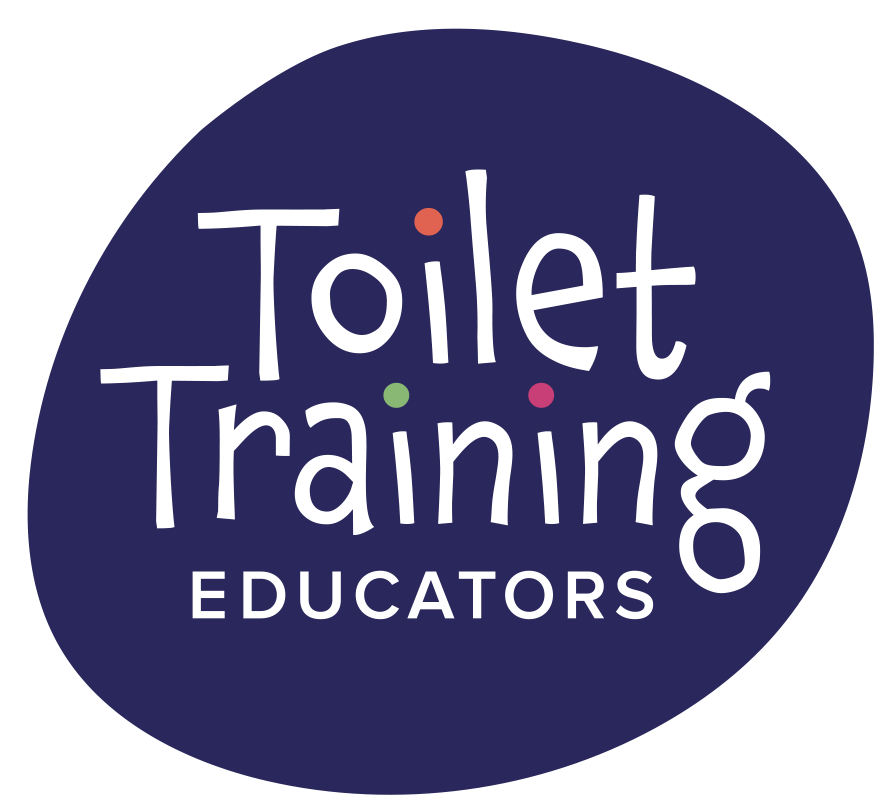
Many research studies into toilet training conclude that it is more easily achieved if commenced between 18 months and 2.5 years of age. Girls are developmentally ahead of boys at this stage of life.
We know that every child is different, that what works with one doesn’t work for another. You know your child, what they need to feel safe and how they learn. Toilet Training is a partnership between you and your child to achieve success.
Check out the resource library for indicators of readiness
The Nappies to Undies Program
This program has been developed by a continence specialist to facilitate a positive toilet training experience for you and your family. This model follows a learning model, focused on how everyone develops skills throughout their lifetime.
Stage 1 – MODELLING
Your child has been watching you and learning from you since they were born. Now it needs to be purposeful. Actively show your child that everyone needs to go to the toilet. It’s a normal thing to do.
Stage 2 – EXPLORATION
Children become curious and interested. They want to be involved – Let them. Ask them to give you toilet paper, answer their questions and begin to involve them in their own cleaning up process
Stage 3 – TRAINING
Like everything we learn, we can watch, read and understand but to truly learn we have to have a go, to experience. Learning requires training, trialling, getting feedback and having another try.
Stage 4 – AUTOMATION
As with every skill, we have truly mastered when we automate. This is where a full bladder or bowel is unconsciously registered, a response is decided and carried out without consciously working through steps. Our unconscious mind is in control.
All children will follow this process and pass through each stage. This will happen at their own pace. That’s OK. You learn new things exactly the same and remember pressure isn’t helpful.
Top 10 Tips
- Encourage Drinking
- Move nappy changing into the toilet area
- Ensure Familiarisation with toilets or potty
- Move to Undies at selected times
- Establish a Routine
- Expect accidents
- Relax
- Respect your child’s need for privacy
- Stay positive
- Stop if you need to

To support your toilet training journey, we provide the resource library and access to Anne Ferrie, our toilet training specialist. It’s natural to feel like you want to talk to a specialist.
We would recommend that your first step would be for you to attend an information session or the relevant webinar. A list of dates is on the event page. Download all the free information , maybe purchase an eBook and access all the specialist knowledge in the resource library.
You could also choose to talk to your Maternal &Child Health Nurse.
We are here for you if you need some further assistance – you can organise a consultation at a time that suits or ask a question through our contact page.
